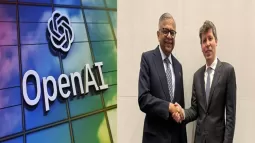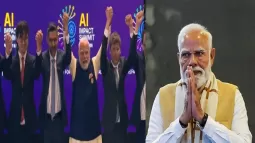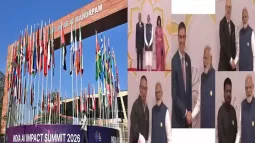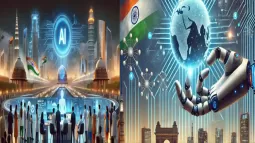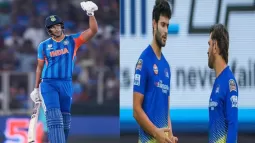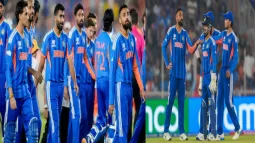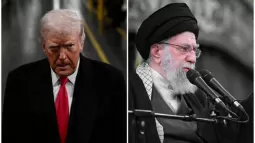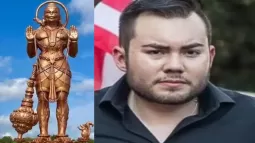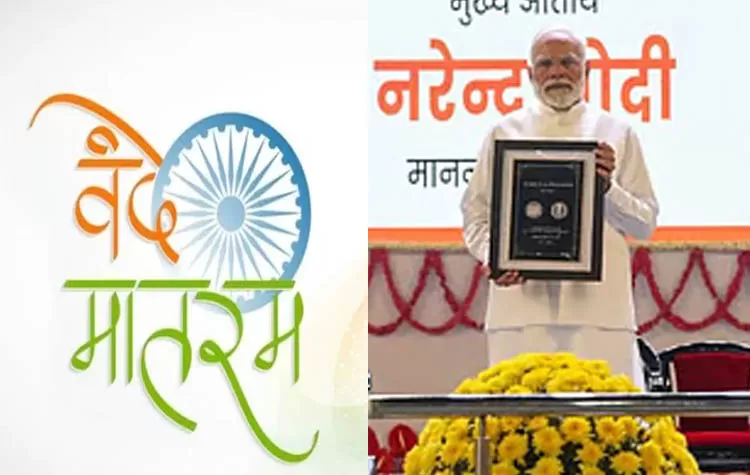
PM Modi on the Significance of Vande Mataram
Prime Minister Narendra Modi termed Vande Mataram a powerful mantra that inspires the entire country. He said the song served as the voice of Indians during the freedom struggle. On the 150th anniversary of Vande Mataram, he released a commemorative stamp and a special coin at the Indira Gandhi Indoor Stadium. Modi also inaugurated the year-long Vande Mataram celebrations.
The Prime Minister said during his speech that Vande Mataram is not a mere song but an expression for resolve and unity; it reflects a belief that no target is impossible to be achieved by Indians. He termed it a mantra, dream, and pledge that continues to inspire every generation. On the issue of national security, Modi said when terrorism raised its head against India, the world witnessed the country standing tall with the strength of Goddess Durga.
Historical Context and Concerns Over the Song’s Changes
The Prime Minister referred to the fact that the key verses of Vande Mataram, penned by Bankim Chandra Chatterjee in 1875, were deleted in 1937. The Prime Minister said this decision weakened the song's original spirit and indirectly led to divisions within the country. According to him, Vande Mataram was the emotional voice of the freedom struggle and represented national unity.
Modi further elaborated that the youth must know why such changes were brought in and what impact it had on the country's thinking at large. He also said that the mindset behind those changes still poses a threat to national unity today.
President Droupadi Murmu expressed her views on the 150th anniversary through the social media platform X. She said Vande Mataram continues to represent the emotional and cultural unity of India. Union Home Minister Amit Shah added that the song played an important role in keeping the country united even after independence.
Political Reactions and Debate
These comments by the Prime Minister triggered an angry response from the Congress party. The party said that Congress, upon the advice of Rabindranath Tagore himself had adopted the first two stanzas of Vande Mataram as early as in 1937. The Congress leaders criticized the Prime Minister for linking Tagore with divisive politics and sought an apology from him.
Senior Congress leader Jairam Ramesh said that prior to the 1937 session, Tagore had written to Jawaharlal Nehru that only the first two stanzas be sung. This was later accepted by the Congress Working Committee. Congress President Mallikarjun Kharge said Vande Mataram was a song that awakened the spirit of the nation and the party had always respected it as such. The BJP and RSS, he said, never sang Vande Mataram or Jana Gana Mana in their programmes. Earlier, the BJP had accused the Congress of shortening the song in 1937 and claimed the decision reflected a religious bias. The party said this act disconnected parts of the song that praised Goddess Durga and called it a historical mistake.

